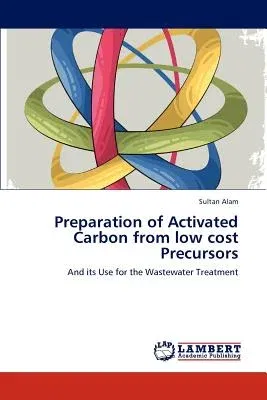Sultan Alam
(Author)Preparation of Activated Carbon from low cost PrecursorsPaperback, 27 March 2012

Qty
1
Turbo
Ships in 2 - 3 days
In Stock
Free Delivery
Cash on Delivery
15 Days
Free Returns
Secure Checkout
Print Length
696 pages
Language
English
Publisher
LAP Lambert Academic Publishing
Date Published
27 Mar 2012
ISBN-10
3848438305
ISBN-13
9783848438303
Description
Product Details
Author:
Book Format:
Paperback
Country of Origin:
US
Date Published:
27 March 2012
Dimensions:
22.86 x
15.24 x
3.89 cm
ISBN-10:
3848438305
ISBN-13:
9783848438303
Language:
English
Location:
Saarbrucken
Pages:
696
Publisher:
Weight:
1006.97 gm

